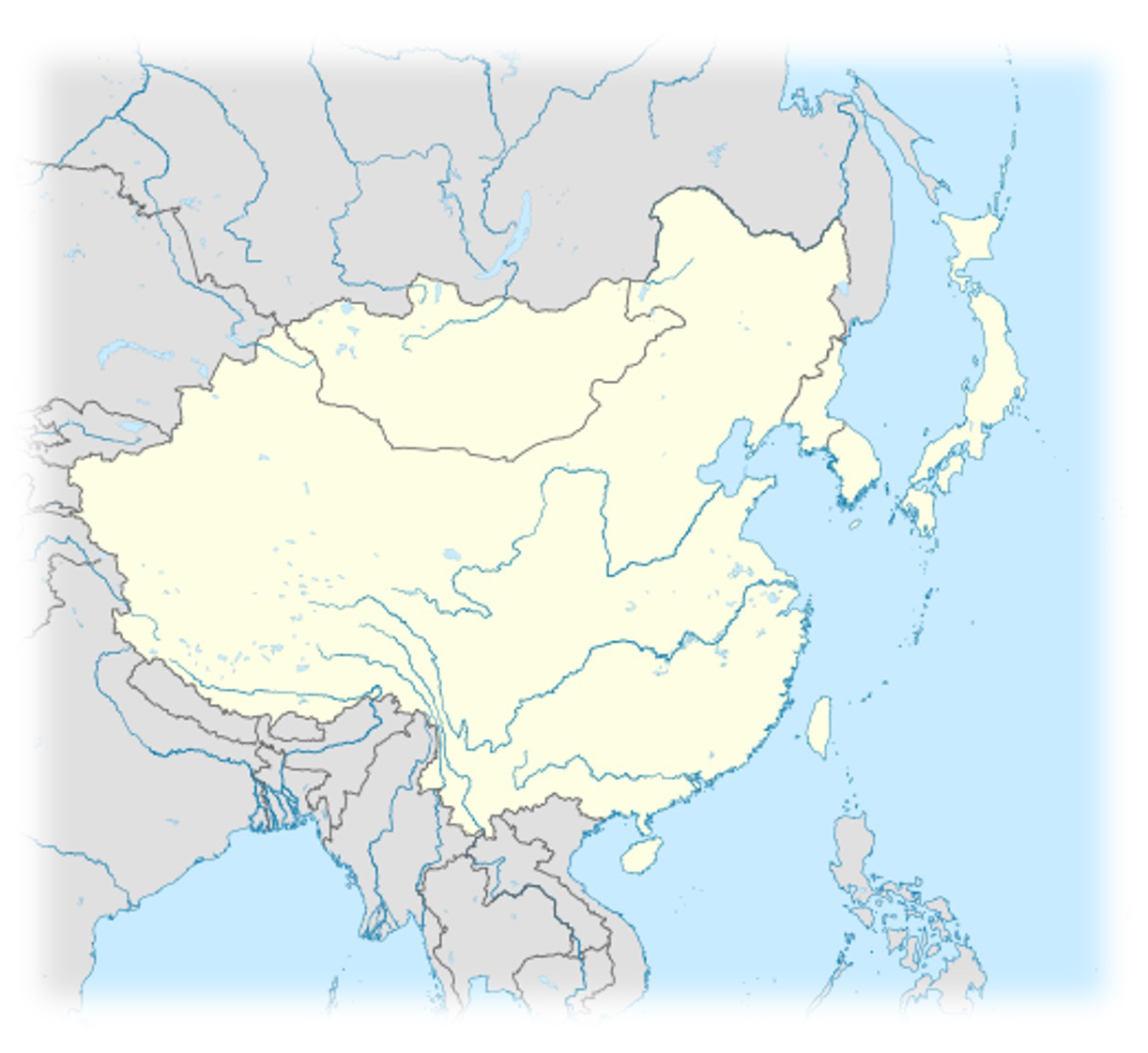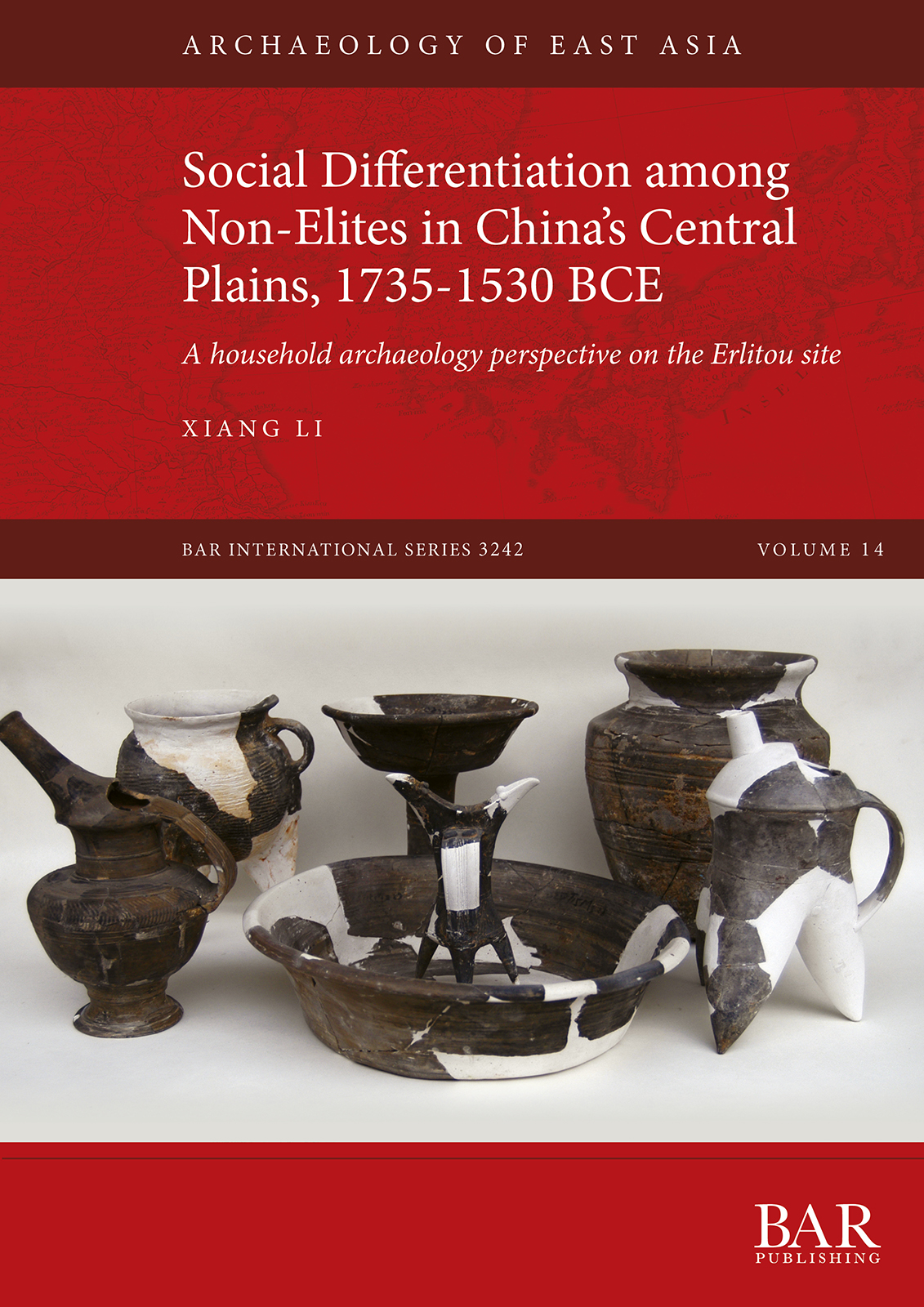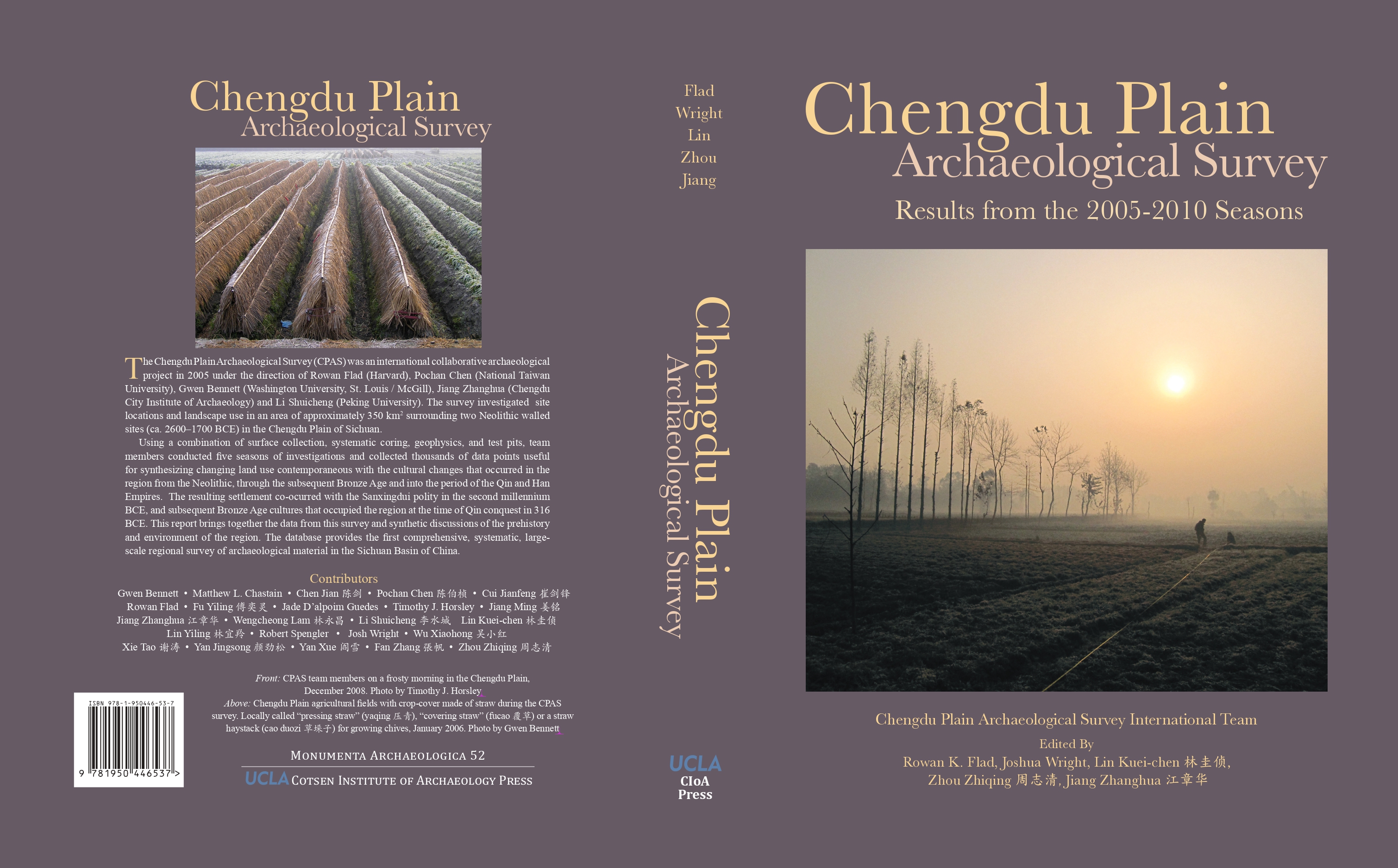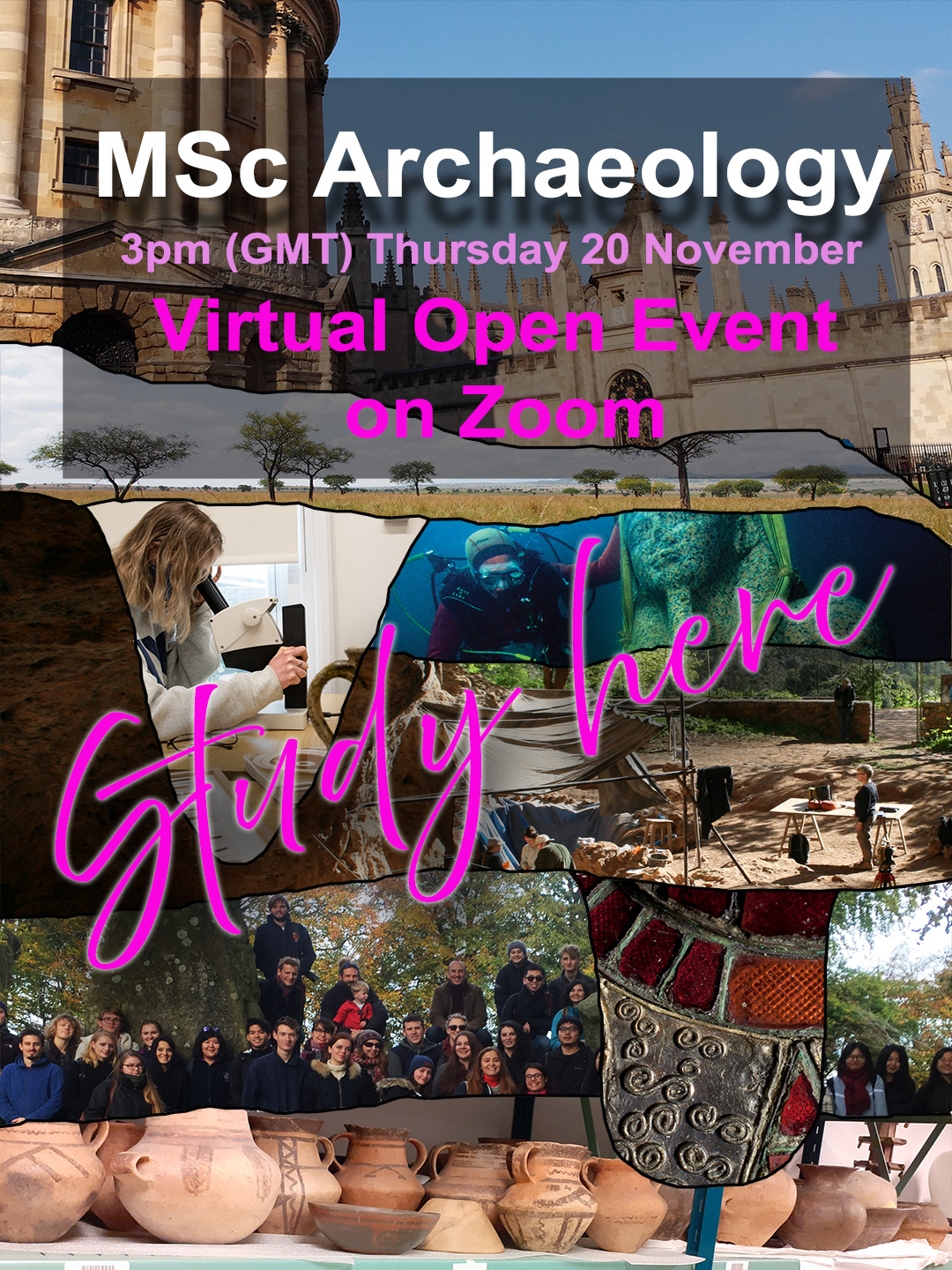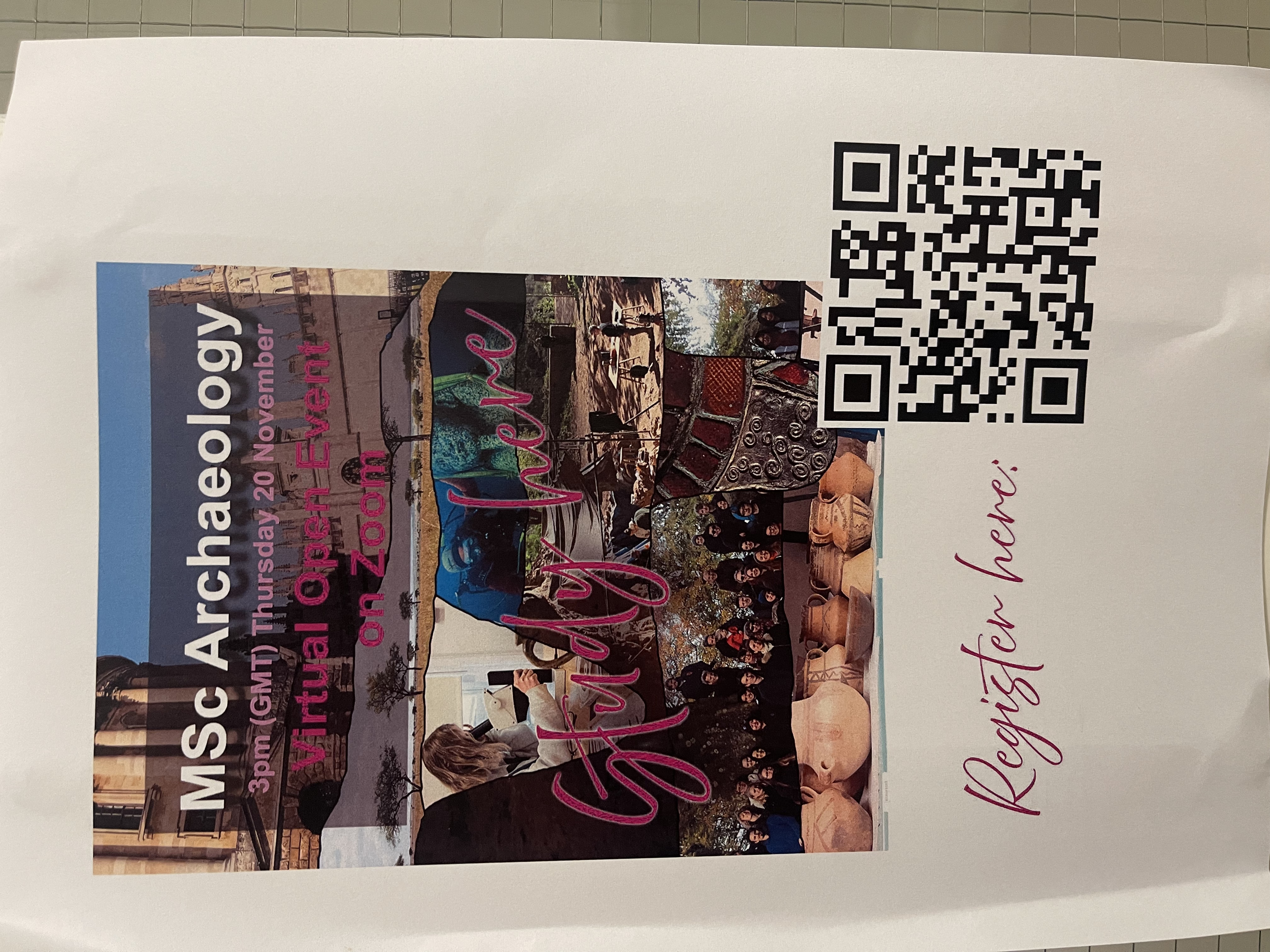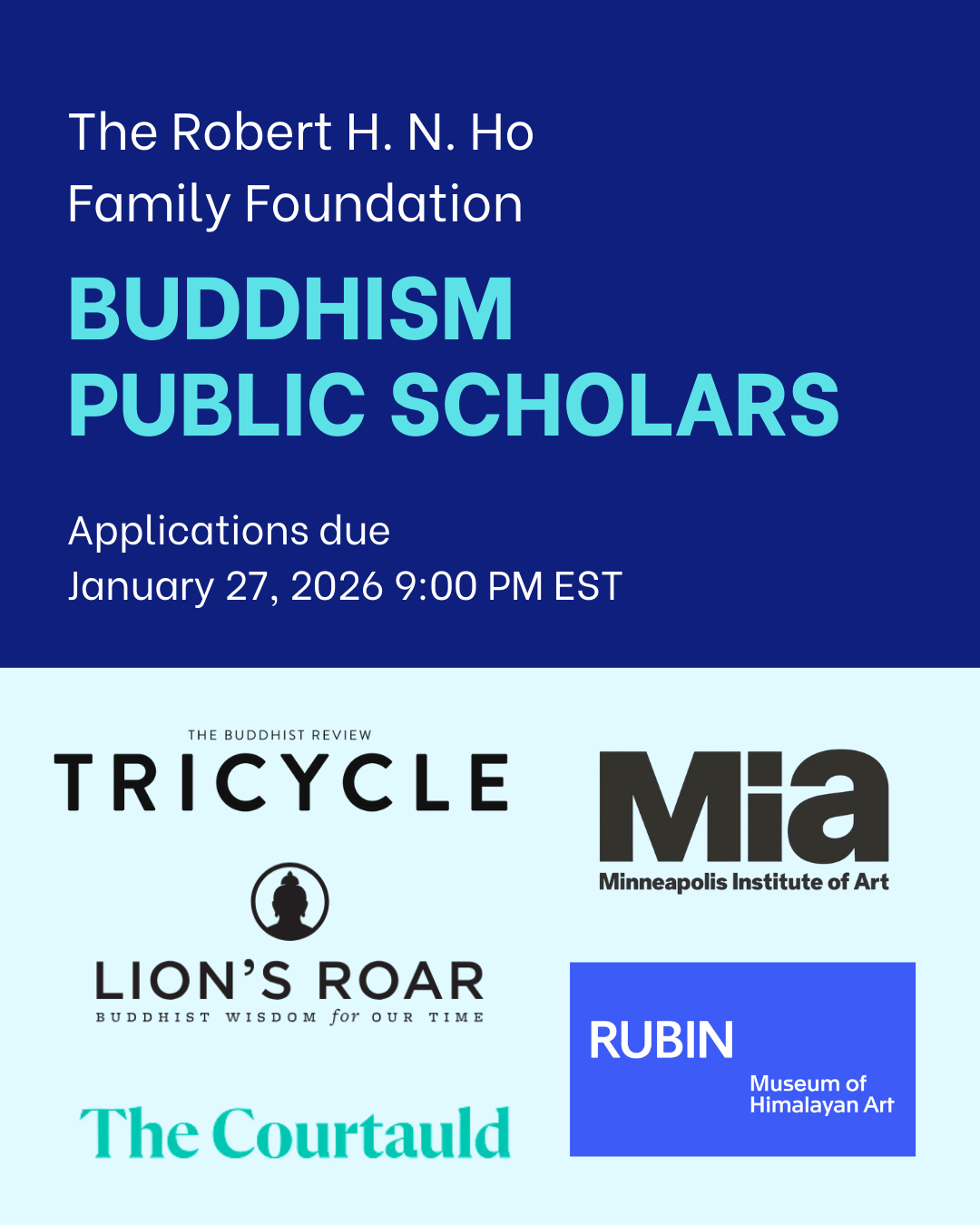Welcome to the Society for East Asian Archaeology
The Society for East Asian Archaeology (SEAA) is a non-governmental organization established to:
- Further research in the field of East Asian Archaeology
- Support quality research and international collaboration
- Provide publishing opportunities through an online bulletin, holding academic meetings and conferences
- Supply educational outreach to the general community
- Enhance scholarly communications and good relations among archaeologists within East Asia
SEAA News Blog
We are pleased to announce the publication of a new volume in the Archaeology of East Asia series: Social Differentiation among Non-Elites in China’s Central Plains, 1735–1530 BCE: A Household Archaeology Perspective on the Erlitou Site, by Xiang Li.
More information:
https://www.barpublishing.com/book/social-differentiation-among-non-elites-in-chinas-central-plains-1735-1530-bce/
A major synthesis of five field seasons of regional archaeological survey in the Chengdu Plain—documenting Neolithic walled centers, Bronze Age settlement patterns, and long-term landscape change—will be published in November 2025 by UCLA’s Cotsen Institute of Archaeology (Monumenta Archaeologica 52).
The American School of Prehistoric Research (ASPR) at Harvard is offering a Junior Fellowship for early-career scholars in Old World prehistory. The fellowship provides a two-year appointment (extendable to three), with an annual stipend of $80,000, full benefits, and a $20,000 research allowance. Applications are due January 25, 2026, and the fellowship begins July 1, 2026.
SEAA shares an upcoming book presentation by Rita Dal Martello on the archaeology of agriculture in Yunnan, exploring 3,000 years of plant use, farming practices, and regional connections in Southwest China.
ACLS is accepting applications for the Buddhism Public Scholars Fellowships, placing recent PhDs in professional positions at museums, libraries, and publications worldwide. Fellows apply their expertise in Buddhist traditions to public-facing projects. One-year positions (renewable) offer competitive compensation: up to USD 75,000 (US), GBP 57,000 (UK), or CAD 84,000 (Canada).

